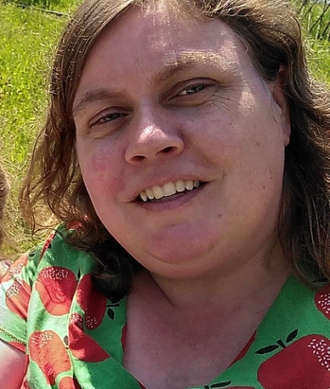Creating something with your own hands will become important again
Humans love making things. From crafts to home repairs to food: as amateurs or professionals, we make all kinds of things. Often, the things we make are strongly linked to our identity. First, making things ourselves provides us with a sense of satisfaction. In addition, how we perceive ourselves, and how others perceive us, is partly determined by our creative processes and what these processes produce. In this era of advancing technology and digitisation, more and more people feel the need to return to making things with their own hands. Understanding materials, building something ourselves, repairing or creating new objects are, however, skills that are increasingly being lost by today's Western humans.
Leiden University archaeologists therefore gather essential knowledge and expertise about ‘making and creating’. They investigate the customs of true creative masters: our ancestors from the distant past and the indigenous peoples of today. Prehistoric people invented tools. Without using machines and engines, the Mycenaeans managed to transport stones of up to 120 tons. And the Trio, a tribe living in the interior of Surinam, incorporate nature and use tools to build their houses and safeguard their food supply. Their creative and innovative capabilities can inspire us in devising solutions for our current practical and social problems.
Own faculty with unique research facilities
Leiden University is the only university in the Netherlands with its own Faculty of Archaeology. With the unique research facilities available in Leiden, our researchers are able to extract highly detailed information from excavated objects and buildings: the materials that an axe came into contact with, for example. Or they create models of houses, exactly the way they used to be. This gives them new insights, which would never have come to light by only studying clues in the ground. A prehistoric stone axe can be a very handy tool: with it, you can fell a huge oak in twenty minutes. But the questions they seek to answer go beyond the simple practical matters: why did people haul stones from tens of miles away to a particular place to stack them there? And how did a community manage to organise itself so as to ensure its own food supply while simultaneously erecting giant buildings?
The work of Leiden’s archaeologists is also the key to discoveries in other scientific disciplines. Historians, biologists, physicians, psychologists, physicists, economists, social scientists: they can all build upon these fundamental archaeological insights of humankind and its creations.

















